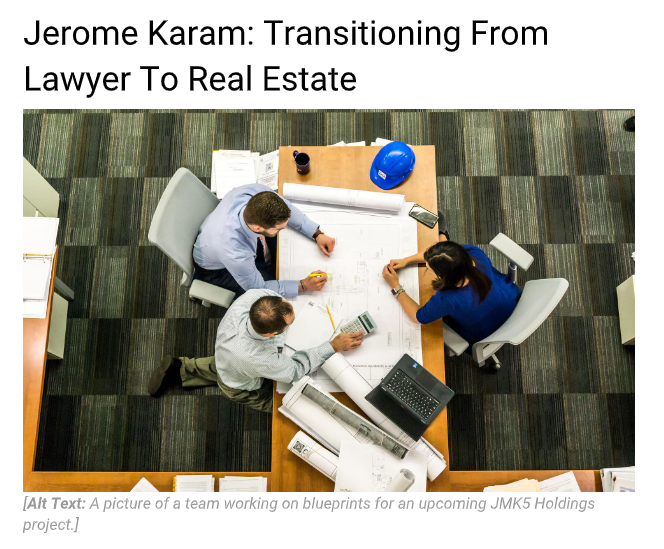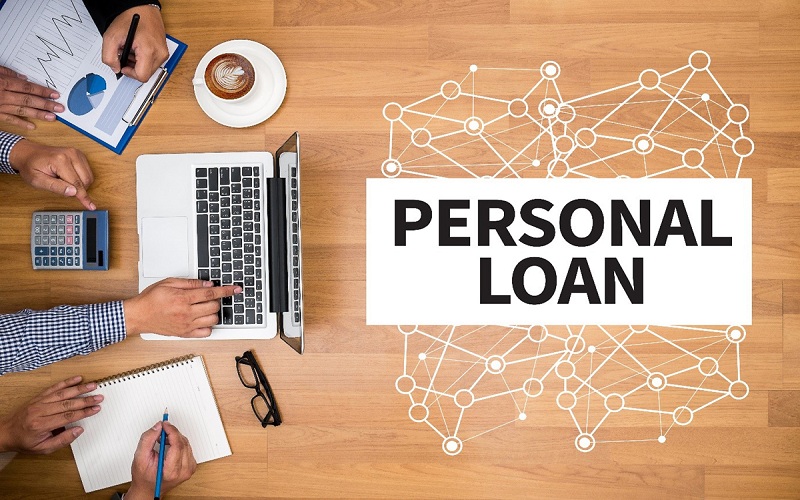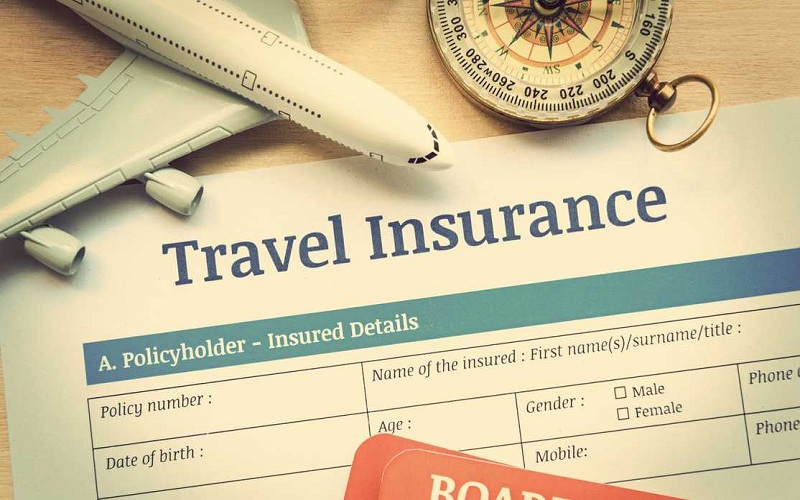There are several various types of bankruptcy you can submit, but the main kinds of customer bankruptcy are Chapter 7 and also Chapter 13 bankruptcy. Chapter 13 is where you pay some or all of your unsecured financial obligations for 5 years through the Bankruptcy Court. Anyone can file this type of bankruptcy, and also nobody will take your residential property away as well as market it to pay off your creditors. Phase 7 bankruptcy is a quick way to eliminate your unsafe financial obligations.
Unsecured debts are bank cards, clinical costs, personal car loans, and payday loans. If you do not have any home you can not safeguard then it can assist do away with your financial debts. There are numerous main aspects to see if you certify to submit Chapter 7 and also to establish if it is the most effective alternative for you. The very first consideration is whether you have filed bankruptcy in the past. You can file Chapter 7 bankruptcy as soon as every 8 years so that’s crucial. Second, you should certify and also certify is based on your typical monthly gross earnings for the previous 6 months. We average this by taking a look at your pay stubs. The third point to take into consideration is that Chapter 7 is called a liquidation bankruptcy. If there is any kind of residential property you can not safeguard and you submitted Chapter 7, the Trustee might take it from you, sell it, as well as repay your unprotected creditors.
Declaring every eight years suggests eight years from the filing date, not the discharge day. If the eight years has not passed, you will certainly have to submit a Chapter 13 to get financial obligation alleviation due to the fact that you will not be eligible for Chapter 7. To qualify based on your income, if your standard last six months income is less than a number on an IRS graph then you qualify. If it is over that number, you have to take something called the ‘suggests examination’ and also we can run that for you.
The very first step of the Means Test is to see if your yearly house revenue is more than the typical revenue of a house of your very same size in Alabama. These ordinary household revenues for each and every state can be found on IRS charts on the internet and are updated periodically. Your bankruptcy lawyer essentially averages your last 6 months gross home income, which is then annualized, and also if this yearly family income is lower than the number on the graph (typical family revenue for your family size in Alabama), then you pass the Means Test and also can file Chapter 7 bankruptcy.
However, if your home income is above the standard, then you must undergo the methods test. This step takes your average monthly household earnings for the previous 6 months and also enables reductions of particular expenditures on a spending plan. This budget is very arbitrary as well as occasionally unreasonable, however a local bankruptcy attorney in Birmingham can run this examination for you when you enter to satisfy them.
The costs enabled on this spending plan are spelled out in the bankruptcy law, such as pay-roll tax obligations, insurance coverage, and safeguarded financial debt payments. You likewise get amounts for food, apparel, and also various other household costs for a family of your size in your state. If you have too much non reusable revenue at the end of this test, then you fail the Means Test and also can not submit Chapter 7 bankruptcy. However, Chapter 13 bankruptcy can additionally help you out in many circumstances.
When you submit a Chapter 7, something called a bankruptcy estate is opened up as well as whatever you own is part of it. A lawyer called a Trustee is designated to your bankruptcy to provide this estate. If you have unguarded equity in your home, then the Trustee can hold an auction to market the residential property and also provide the profits to all of your creditors. However, you can secure your residential property with bankruptcy exceptions.
As long as you do not have a lot of equity in your house then you can normally shield such equity and the Trustee will not be able to touch your residential property. If you don’t have uninhabited land, residences with lots of equity in them, or other such residential or commercial property then you can submit a no possession Chapter 7 bankruptcy, which are what most Chapter 7 bankruptcies actually are. If you are filing alone, you can protect a little over $15,000 in equity in your home. This amount increases (to over $30,000) if you are married and also declaring together. You can safeguard a little over $7500 in personal property, which increases to a little over $15,000 if you are married and declaring with each other. This residential or commercial property consideration is necessary and is why you ought to seek advice from a local bankruptcy attorney in Trussville, or where you are living, prior to declaring. As soon as you submit a Chapter 7, you normally can not venture out even if your home goes to risk.

 Optimising Employee Transport Management: Top Strategies for Efficient Commutes
Optimising Employee Transport Management: Top Strategies for Efficient Commutes  The Ultimate Guide to Choosing the Right Lifting Slings for Your Project
The Ultimate Guide to Choosing the Right Lifting Slings for Your Project  Easy Steps to Apply Online for Axis Bank Personal Loans
Easy Steps to Apply Online for Axis Bank Personal Loans  Plan a Stress-Free International Trip with Best Foreign Travel Insurance
Plan a Stress-Free International Trip with Best Foreign Travel Insurance  The IPO Process Explained: Steps to Launching a Successful Public Offering
The IPO Process Explained: Steps to Launching a Successful Public Offering  Essential Features to Look for in a Trading Broker
Essential Features to Look for in a Trading Broker  Factors That Influence prices on the Gold Market
Factors That Influence prices on the Gold Market  Personal Loans for Women in India: Empowering Financial Independence
Personal Loans for Women in India: Empowering Financial Independence  Investment and Insurance: The Dual Benefits of Unit Linked Plans
Investment and Insurance: The Dual Benefits of Unit Linked Plans 






